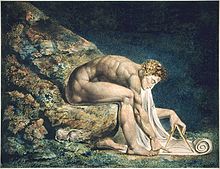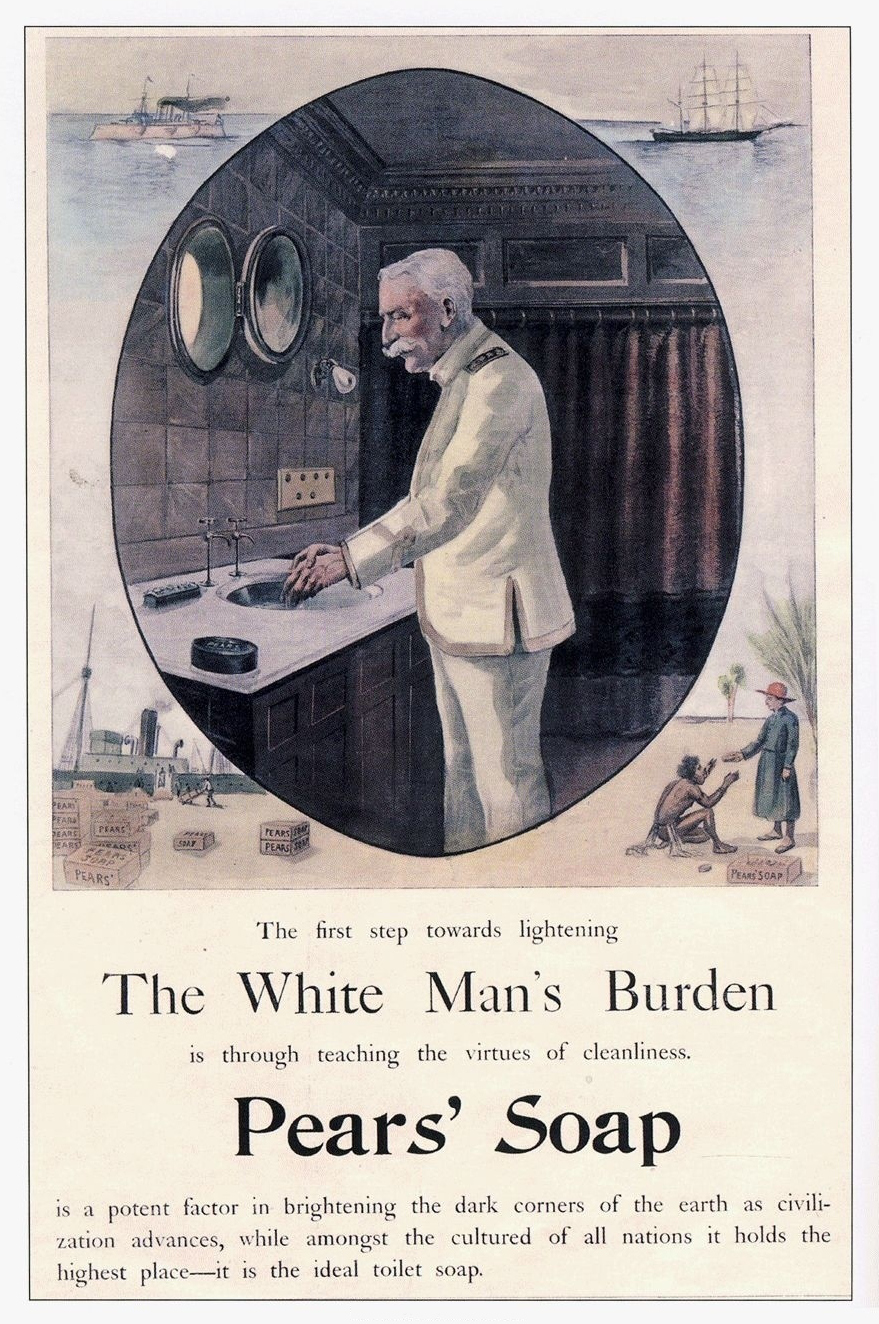Why British Imperialism? This is often the question I get when I give my standard elevator pitch. “I study 19th century Imperial history, focusing on the British in North Africa, and the cultural depiction of race within the imperial framework.” As academics, this pitch makes sense. As a field, historians have been forced to pigeonhole ourselves into narrow boxes, becoming experts in our tiny slice of the ever shrinking pie. However, thinking about the larger question of why British Imperialism, it makes me consider the larger effect of Britain on our culture and society, and more importantly on me.

Britain during the nineteenth century was omnipresent. As the old axiom stated, “the sun never set on the British Empire.” From Africa, to the Americas, to Asia, the British were everywhere. And in my own life the sun never set on the British Empire either. My dad, Robert, was an English Professor for forty years, with a focus on the long eighteenth century. I remember the painting by William Blake of Newton (1795) and how he would explain Romanticism and the chimney sweepers of London and their cries. Everything I knew about British history prior to college I learned from him. The enclosures in Scotland, the East India Company, the Puritans and Cavaliers. He would explain British History with such clarity and richness, it was as if I was there witnessing it all.
So, when you ask me why British Imperialism, well part of that answer is my father gave me the British bug. From literature, to art, to history, it all ways consumed me. But the Imperialism comes from my fascination with race. And that I got from my mother. My mom was a middle school English teacher for over twenty years, and would bring home books of all kinds for me to read and devour. But her interest in Black history had a bigger effect than maybe she could ever understand.
From DuBois to Baldwin, I was exposed to the souls of black folks. But more direct were the stories of her life growing up in the shadow of Jim Crow. Hearing these stories made me curious about the roles of race in our culture and society. It was in the combination of this fascination with race and Britain were British Imperialism came to be. For it is in the history of British Imperialism where one clearly sees the impact of race and culture. As Britain conquered the globe, it did so with the ethos of the “White Man’s Burden” to borrow from Rudyard Kipling. And it was that racialist attitude that woulthd become the inheritance of its colonies. From the United States, to South Africa, and Australia, the road to racism led back to London.
It is this road that I intend to travel on as an academic, and in this blog. Along with the other miscellaneous interests of mine ranging from music, books, and movies, the main crux of this blog is to chart the course of British Imperialism and racism, and share this knowledge with you, the reader. (No matter how few you might be) I hope you will enjoy reading it as much as I will enjoy writing it.
[Editer’s Note: This blog was supposed to be a place for me to put some of my own thinking and work. However, due to the death of my father two days after this post was originally published, I stopped working on it. I now intend to work on it with earnest now that I have become a candidate in my doctoral program. So Enjoy!]